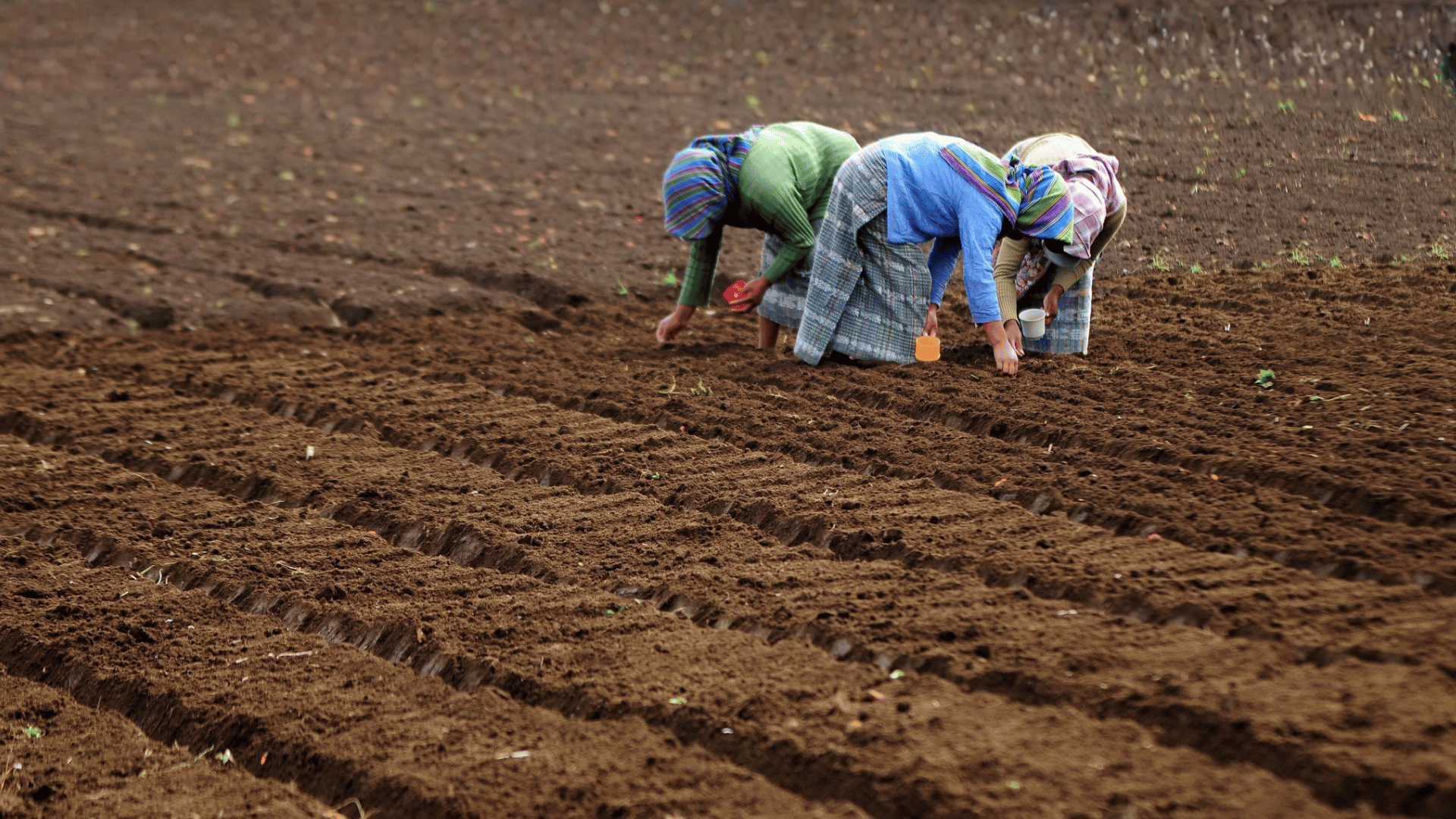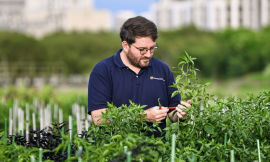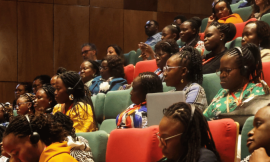CropLife International has launched its flagship agricultural climate action report, A Practical Guide to Sustainable Agricultural Growth, compiled and authored by independent analysts NTT DATA. The report brings together proven, scalable examples of measurable progress from around the world to demonstrate how sustainable agricultural transformation is already taking shape.
Building on the 11 key dimensions of sustainable and productive farming systems reflected in SDG indicator 2.4.1, the report outlines how farmers can achieve higher productivity while enhancing soil health, biodiversity and resilience to climate extremes.
From regenerative soil management in Brazil to digital pest-management tools in India and water-efficient maize in Kenya, the case studies in the report highlight solutions that work in diverse contexts. As the report states, “transformation is not only possible but already underway.” TT DATA’s analysis demonstrates how these success stories transcend isolated interventions to establish coherent systems of change through policy alignment, innovation and collaboration among public and private actors.
The report was launched by Livio Tedeschi, Chairman of the CropLife International Board of Directors, while addressing the Inter-American Board of Agriculture (IABA) at the Conference of the Ministers of Agriculture of the Americas in Brasília.
Speaking at the launch, Mr Tedeschi emphasised the importance of scalability and collaboration in achieving real progress with sustainable agriculture. “Our challenge is no longer to identify whether change can happen, but how to scale what already works,” he said. “This Guide to Sustainable Agricultural Growth brings together case studies that demonstrate the imperative of implementing outcome-based agricultural policies that enhance productivity and climate resilience.”
He added that lasting success “does not appear in a vacuum” but stems from shared knowledge, innovation and systems that sustain change.
According to the report, measurable advances, such as a 20 per cent yield increase through improved seed varieties in sub-Saharan Africa and a 30 per cent reduction in pesticide use through precision application technologies, illustrate the power of science-based solutions when paired with enabling policies. It identifies investment in research, digital advisory tools and risk-management mechanisms as key accelerators for scaling sustainable agriculture worldwide.
Emily Rees, President and CEO of CropLife International, said the aim of the report is simple: “It showcases practical, proven solutions that really deliver outcomes—higher productivity, stronger rural economies, healthier landscapes and more resilient food systems. As we prepare for the crucial climate-focused dialogue at COP30, NTT DATA’s work provides a foundation to underpin ambition with solutions.”
The report concludes that meeting global food-security and climate goals will require “integrated action across science, policy and markets,” calling on governments and industry partners to adopt outcome-based frameworks that reward measurable sustainability results.
Read the full report here.
Header photo credits: Maria Fleischmann/World Bank






